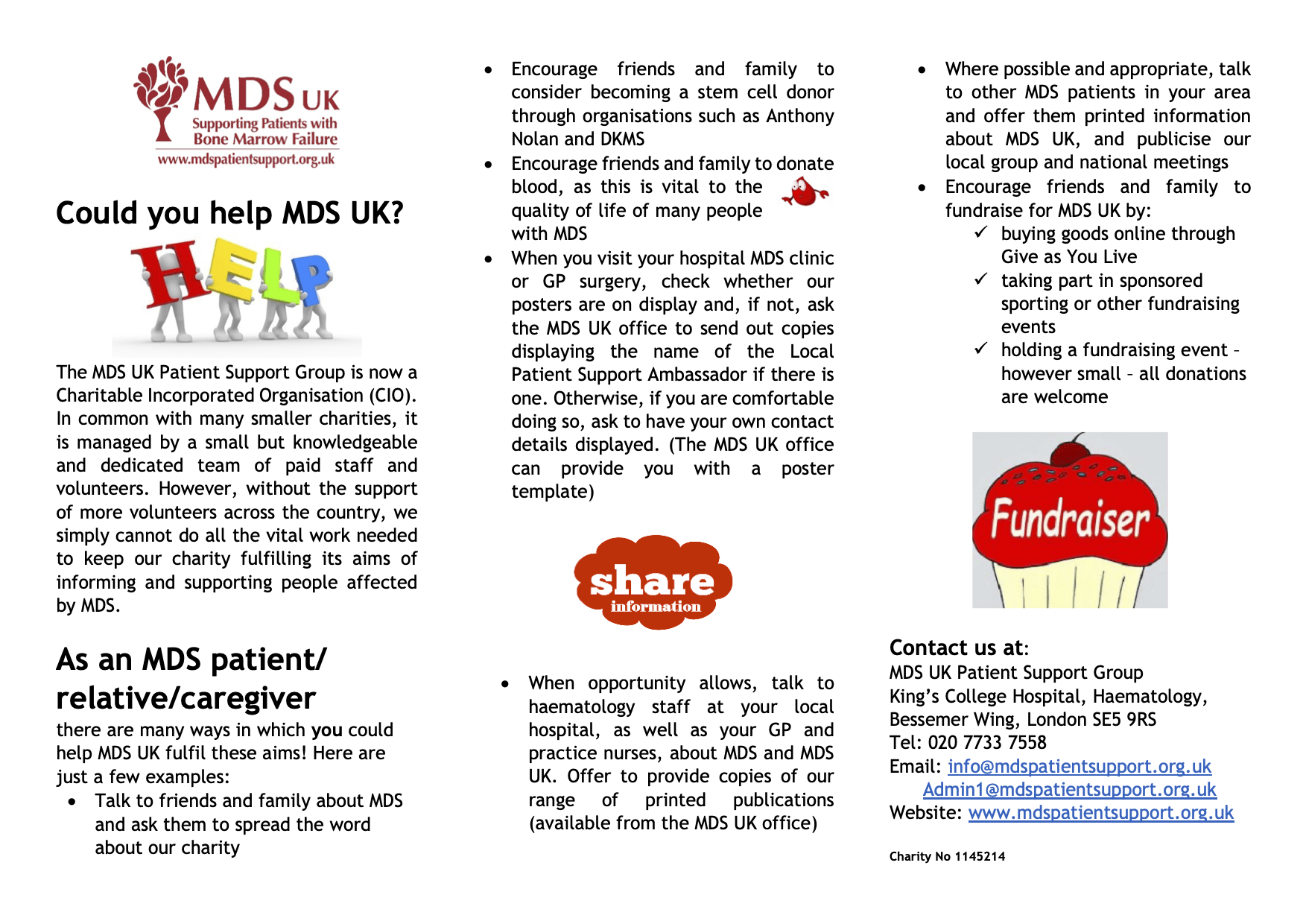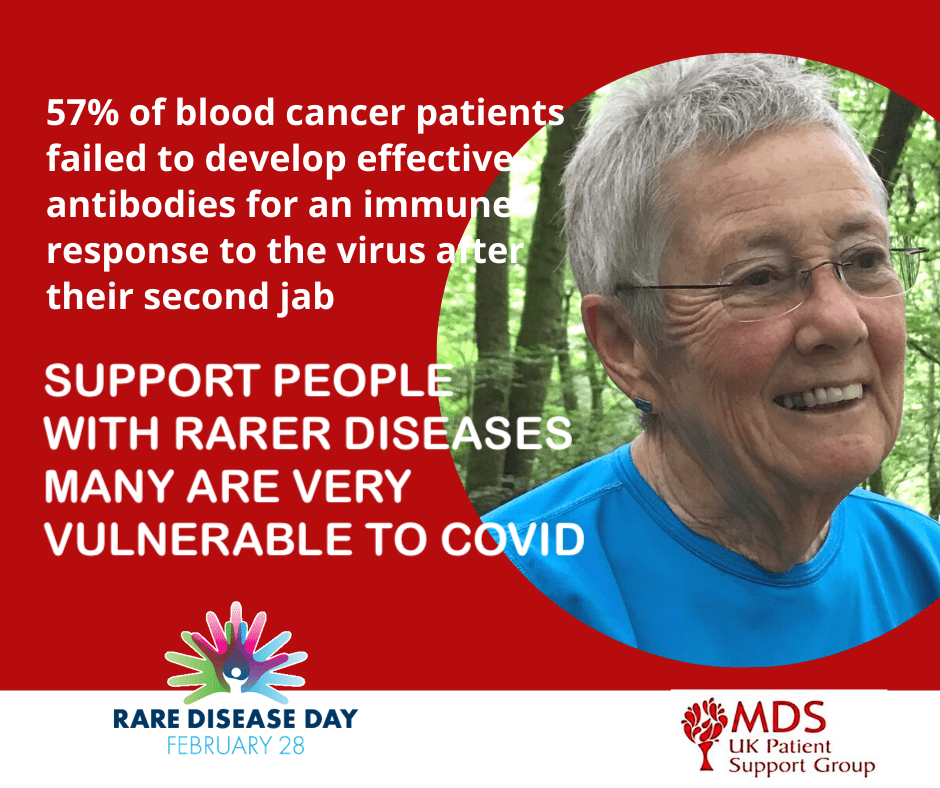Important Update about our Online Patient Meetings
Written by Claudia Richards
For the time being at least, we are planning to continue meeting on Zoom, rather than face-to-face.
However, we are aware that if you have a hearing impairment, you may have missed registering for our Zoom meetings because you were worried you would not be able to hear what people were saying.
Good news! With the latest Zoom updates, MDS UK is now able to offer live subtitles at all our Zoom online meetings. It isn't perfect, as all of you used to using subtitles will know, because it depends on the clarity of each speaker! But it will help you to follow the conversations and join in the discussion.

If you would like to use this service, please make sure you request it in the questions and comments when you register for the Zoom meeting. Our Office Manager, Caroline, will then be able to set it up in advance and guide you through the process on the day of the meeting. It’s quite straightforward to set up and we hope it will enable more of you to join us.
















